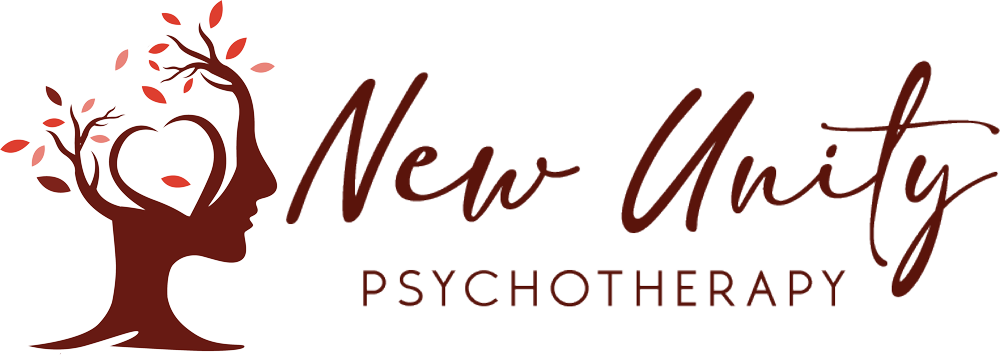Understanding Attachment
at New Unity Psychotherapy
- Secure Attachment: Individuals with secure attachment tend to have positive views of themselves and others. They feel comfortable with intimacy and are generally able to communicate their needs effectively.
- Anxious Attachment: People with anxious attachment may fear abandonment or rejection. They often seek constant reassurance in relationships and may struggle with feelings of insecurity.
- Avoidant Attachment: Those with avoidant attachment may have difficulty with emotional closeness. They tend to prioritize independence and may withdraw or distance themselves when relationships become too emotionally intense.
- Disorganized Attachment: This style is often a result of trauma or inconsistent caregiving. Individuals with disorganized attachment may have a fear of intimacy but also crave connection, leading to conflicting behaviors in relationships.
Some common ways that attachment styles manifest in relationships include:
- Anxious Attachment: You may feel a strong need for closeness but also experience fear that your partner will leave or reject you. This can result in behaviors like clinginess, jealousy, or emotional dependency.
- Avoidant Attachment: You may struggle with emotional intimacy, preferring to keep a certain distance from others. You might avoid deep emotional conversations or feel overwhelmed by your partner’s needs.
- Disorganized Attachment: Relationships may feel confusing or chaotic. You might crave connection but also push people away, feeling both fear and a need for closeness at the same time.
Through therapy, we’ll explore how your attachment style shows up in your current relationships and work to develop healthier ways of relating to others.
- Building Emotional Awareness: Recognizing how your attachment style influences your emotional responses and behaviors in relationships.
- Rewiring Negative Beliefs: Challenging any negative beliefs or fears you may have about intimacy, rejection, or abandonment.
- Developing Healthy Boundaries: Learning to set and maintain boundaries that protect your emotional well-being without pushing others away.
- Practicing Vulnerability: For those with avoidant attachment, practicing emotional vulnerability can help strengthen relational bonds and increase trust with others.
- Managing Anxiety: For individuals with anxious attachment, developing techniques to manage anxiety and insecurity can foster greater emotional stability and trust in relationships.
Some of the techniques we’ll use include:
- Mindfulness Practices: Learning to stay present and grounded during emotionally charged moments, helping you respond more calmly and thoughtfully.
- Emotion Identification: Understanding the root of your emotional responses, such as fear of abandonment or rejection, and learning to express these emotions in a healthy way.
- Self-Soothing Techniques: Developing strategies to soothe yourself during times of emotional distress, rather than relying solely on others for reassurance or comfort.
By developing these skills, you’ll be better equipped to handle the emotional ups and downs of relationships without feeling overwhelmed or disconnected.
This healing process often involves:
- Acknowledging Past Trauma: Bringing awareness to the emotional wounds caused by past relationships or childhood experiences.
- Reprocessing Trauma: Using therapeutic techniques like trauma-focused cognitive behavioral therapy (TF-CBT) or cognitive-behavioral strategies to reprocess and heal from traumatic attachment experiences.
- Building Trust: Learning to rebuild trust in yourself and others, which is key to developing healthier, more secure relationships
- Emotional Stability: Feeling confident in your relationships and less anxious about abandonment or rejection.
- Healthy Communication: Being able to express your needs clearly and listen empathetically to others.
- Trust and Intimacy: Feeling comfortable with emotional closeness and trusting your partner or loved ones.
- Balanced Independence: Maintaining a sense of individuality while also feeling connected to your partner or loved ones.
Developing a secure attachment style can lead to healthier, more fulfilling relationships that are built on trust, emotional connection, and mutual respect.
Reach out to me, Melissa N. Douglas, LCSW, at New Unity Psychotherapy by calling (914) 844-6682 to schedule your free 30-minute consultation.
your healing journey today.
